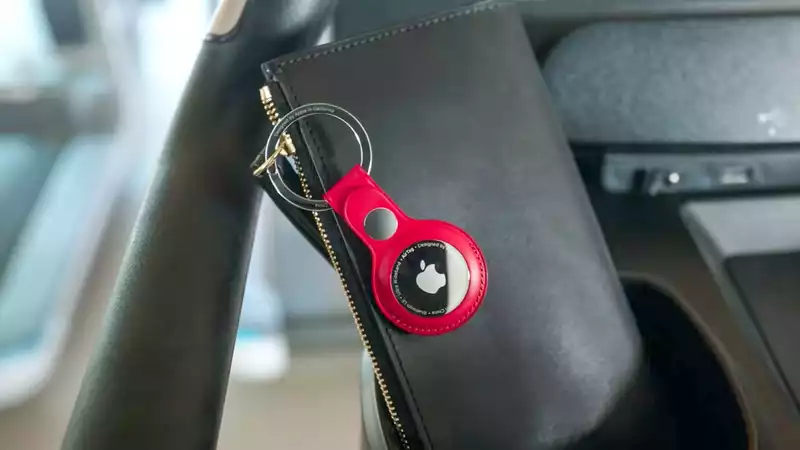Congratulations, Android users: there is finally a way to detect rogue Apple AirTags.
Apple this weekend released Tracker Detect, an Android app that can scan your surroundings for AirTags that may have become separated from their owners. It can force it to emit a sound so that you know, and can remove and disable the battery.
Apple is doing this because it has found that having little devices that cost $25 to $30 each have the drawback of being able to track you almost anywhere in the world. airTags have been used to stalk unsuspecting people, and car owners in the Toronto area can also be used to track a car that has been stolen overnight to the owner's driveway, as the company discovered.
Tracker Detect does not go that far; unlike the AirTag software for the iPhone, it does not detect and alert you to the presence of rogue AirTags by itself. Instead, you must manually initiate a scan and give the Tracker Detect app permission to use your phone's Bluetooth and GPS connections.
(Another Android app called AirGuard, created by German researchers and recommended by women concerned about AirTag-based stalking, scans automatically.)
Under ideal circumstances, AirTags are located near the paired iPhone, such as on a person's keychain or dog collar; since it is rare for AirTags to be away from the paired iPhone for an extended period of time, Apple has found that such "lost" AirTags are to begin ringing 8 to 24 hours after last contact with the paired iPhone.
However, some lost AirTags do not get lost at all. Apple can tell when an AirTag mimics the movements of a completely different person's iPhone; it may be accidental or intentional that the AirTag got lost in a handbag or jacket pocket.
This is a red flag for stalking, as the chirp of a "lost" AirTag may not be heard if the AirTag is buried in a bag or coat closet, so the person being tracked may not notice it.
To counter this, Apple iPhones with the latest version of iOS tell the owner of the iPhone that an unseen AirTag was traveling with them when the owner returns home. They can use the iPhone to find and disable the rogue AirTag.
The fact that no Android version exists for this puts Android users at a slight disadvantage.
Again, this Android version does not automatically start scanning; it is really primitive compared to the iOS app and, of course, does not tell you when it detects an AirTag that is yours, that may be paired with your iPad or iPhone. It doesn't. This undermines AirTags' raison d'etre as a selling point for iOS devices.
We tried Tracker Detect and it seems to work quite well, although we did not find any rogue AirTags in Tom's Guide's office. (We did encounter the longest license agreement we've ever seen for an Android app.)
So if you have an Android phone and are worried about being stalked, or have a car and live in Ontario, install the app and run it in a day or two. No harm done, but it remains to be seen how effective this app will be.










Comments